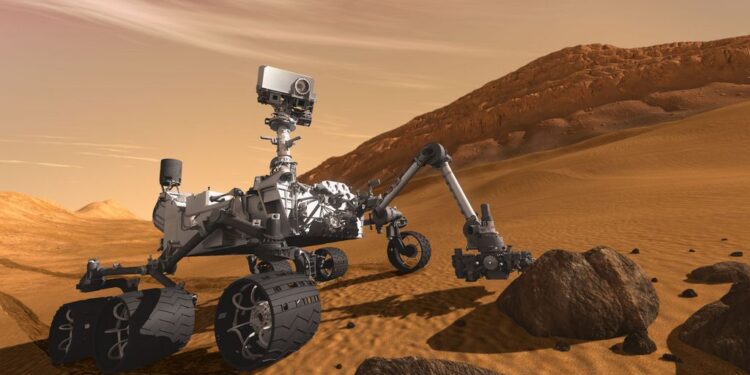In the vast expanse of our solar system, Mars has emerged as the next frontier for human exploration. The red planet, with its intriguing landscapes and potential for scientific discoveries, presents a plethora of opportunities for manned and unmanned missions.
One of the most significant opportunities lies in the advancement of space technology. With each passing year, our capabilities for interplanetary travel improve. Technological breakthroughs in propulsion systems, life support systems, and autonomous navigation have paved the way for ambitious missions to Mars. These advancements not only enhance the feasibility of landing on Mars but also open doors to sustainable colonization in the future.
Scientific exploration is another major opportunity that a Mars landing provides. The red planet has long captivated scientists with its similarities to Earth and the potential for signs of past or present life. Landing on Mars allows for the deployment of rovers and scientific instruments to conduct in-depth analyses of its surface, atmosphere, and geological features. Discoveries on Mars could provide valuable insights into the history of our solar system and the possibility of extraterrestrial life.
Furthermore, Mars offers a unique environment for testing technologies crucial for future space exploration. The harsh conditions on the planet, including extreme temperatures, dust storms, and low gravity, provide an excellent testing ground for developing robust and resilient space technologies. Innovations designed for Mars missions can have applications beyond interplanetary travel, benefiting various industries on Earth.
The economic potential of Mars exploration is also worth noting. As technology advances, the prospect of extracting valuable resources from Mars becomes increasingly realistic. Elements like rare metals, minerals, and even water could be mined and utilized to sustain future colonies or support missions farther into the solar system. This could potentially open up new avenues for economic growth and resource utilization.
In addition to these opportunities, the quest for international collaboration in space exploration is gaining momentum. A manned mission to Mars could serve as a catalyst for global partnerships in scientific research, technological development, and resource utilization. Collaborative efforts would not only share the financial burden of such ambitious missions but also foster a spirit of unity and cooperation in the exploration of outer space.
In conclusion, the opportunities for landing on Mars are vast and varied. Technological advancements, scientific exploration, testing of space technologies, economic potential, and international collaboration collectively make Mars a compelling destination for the future of human space exploration. As nations and private entities continue to invest in the exploration of the red planet, the dream of landing on Mars inches closer to becoming a reality, promising a new era of human achievement and understanding in the cosmos.




Recent Comments